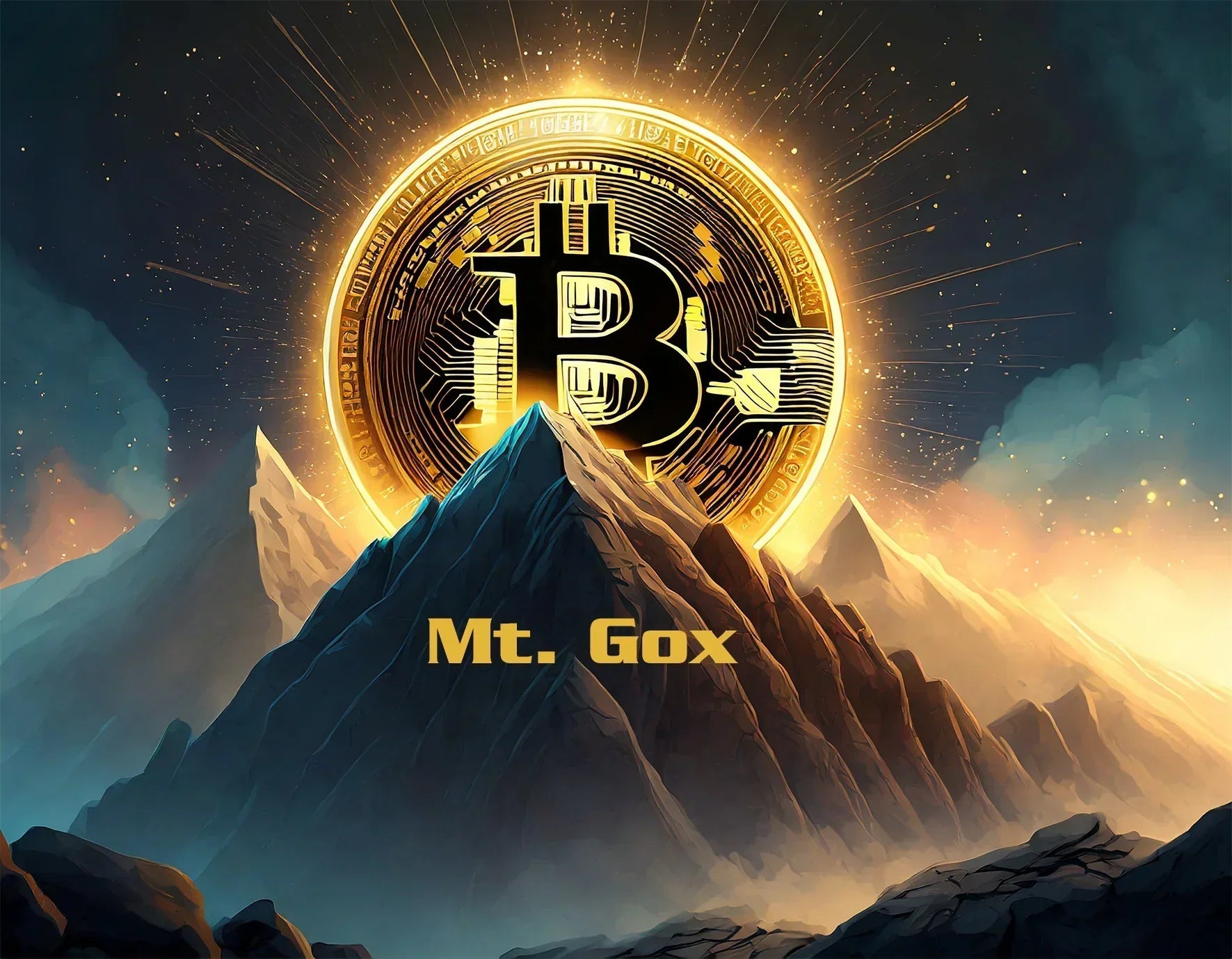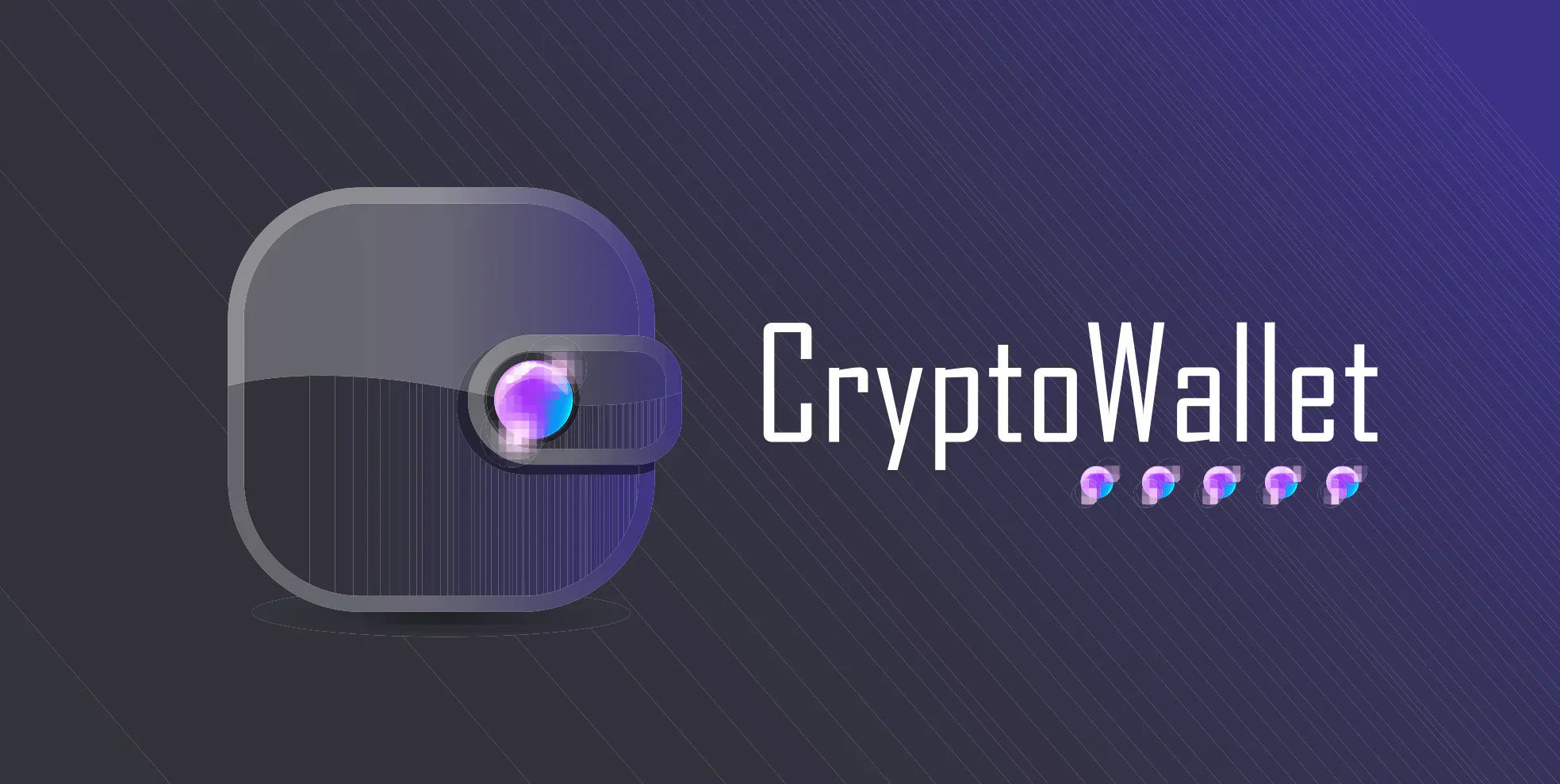Introduction: The Mt. Gox debacle of 2014 stands as a pivotal moment in the history of Bitcoin, serving as a stark reminder of the risks associated with centralized exchanges and the importance of robust security measures in the cryptocurrency ecosystem. As we reflect on this event, it becomes clear that the lessons learned have paved the way for significant advancements in crypto security, particularly with the emergence of hardware wallets and the promotion of self-custody solutions. In this article, we delve into the Mt. Gox incident, explore its impact on the crypto industry, and highlight the evolution of security practices that followed.
The Mt. Gox Breach: A Cautionary Tale: In early 2014, Mt. Gox, once the largest Bitcoin exchange in the world, abruptly halted all Bitcoin withdrawals, citing technical issues and potential security vulnerabilities. It was later revealed that the exchange had lost hundreds of thousands of Bitcoins belonging to its users, likely due to hacking, mismanagement, and internal fraud. The fallout from the Mt. Gox breach was severe, resulting in significant financial losses for thousands of investors and casting a shadow of doubt over the nascent cryptocurrency industry.
The Rise of Hardware Wallets: In the aftermath of the Mt. Gox incident, a pressing need emerged for secure and user-friendly solutions to store and manage cryptocurrency assets. Enter the era of hardware wallets. Companies like Trezor, Ledger, and KeepKey stepped up to the challenge, offering users a way to securely store their private keys offline, away from the prying eyes of hackers and malicious actors. These hardware wallets provided a level of security and peace of mind that was previously lacking in the cryptocurrency space.
The Importance of Self-Custody: One of the key takeaways from the Mt. Gox debacle is the importance of self-custody when it comes to managing cryptocurrency assets. By taking control of their private keys and storing them securely offline, users can mitigate the risks associated with centralized exchanges and reduce their exposure to potential security breaches. Hardware wallets have played a crucial role in promoting self-custody and empowering users to take ownership of their financial sovereignty.

Looking Ahead: Building a Secure Future for Crypto Investors: As we look to the future of cryptocurrency investing, it's essential to heed the lessons learned from Mt. Gox and continue to prioritize security and resilience. While the crypto landscape has evolved significantly since 2014, the threat of security breaches remains ever-present. By embracing self-custody solutions, staying informed about best security practices, and remaining vigilant against potential threats, investors can help ensure a safer and more secure environment for all participants in the crypto ecosystem.
Conclusion: The Mt. Gox debacle serves as a poignant reminder of the risks inherent in centralized exchanges and the importance of robust security measures in the cryptocurrency space. By learning from the mistakes of the past and embracing innovative solutions like hardware wallets, we can build a more secure future for crypto investors and pave the way for the continued growth and adoption of blockchain technology. As we move forward, let us remain vigilant, stay informed, and prioritize security above all else.
Education only, entertainment only, not financial advice.



